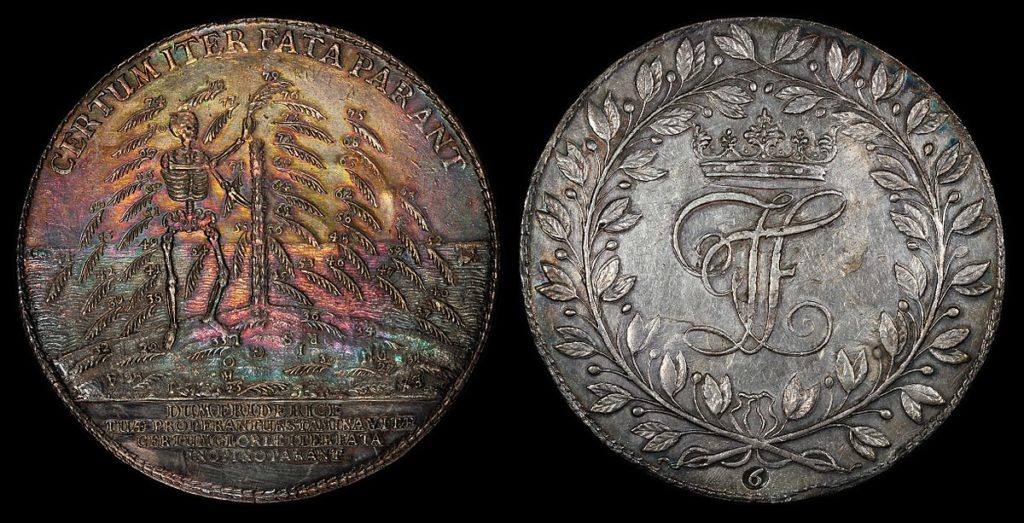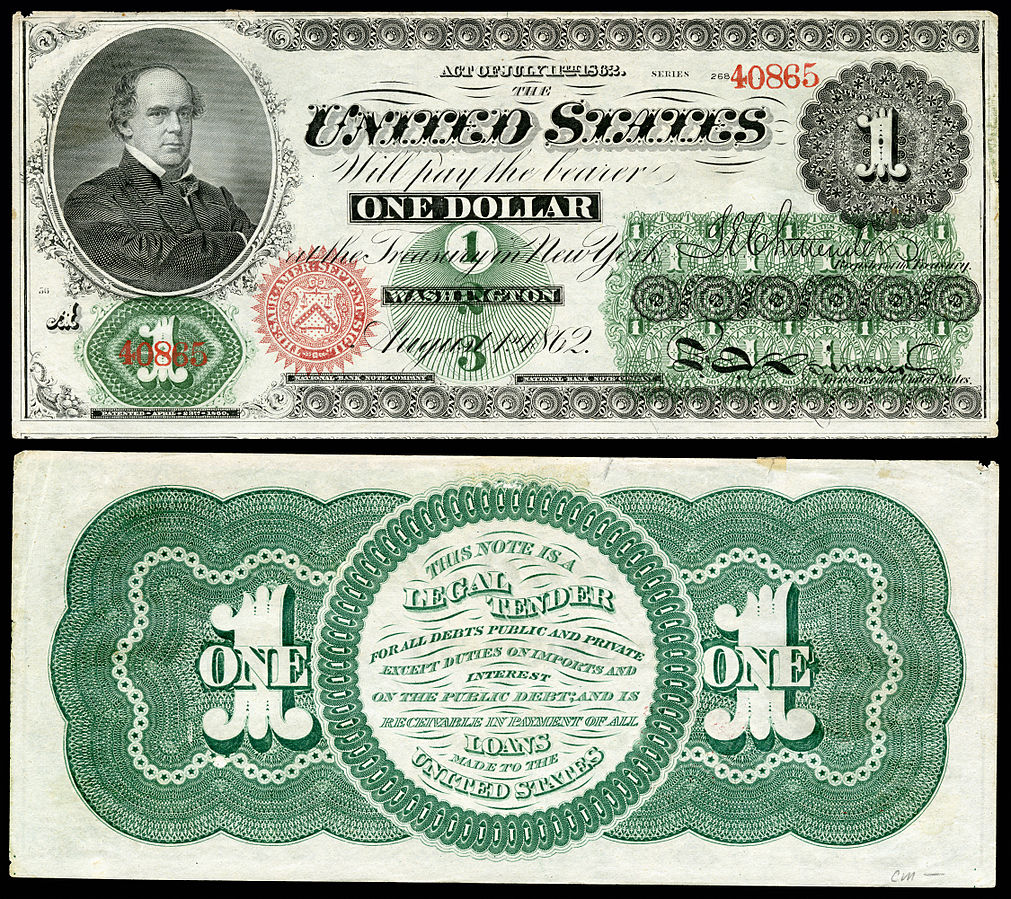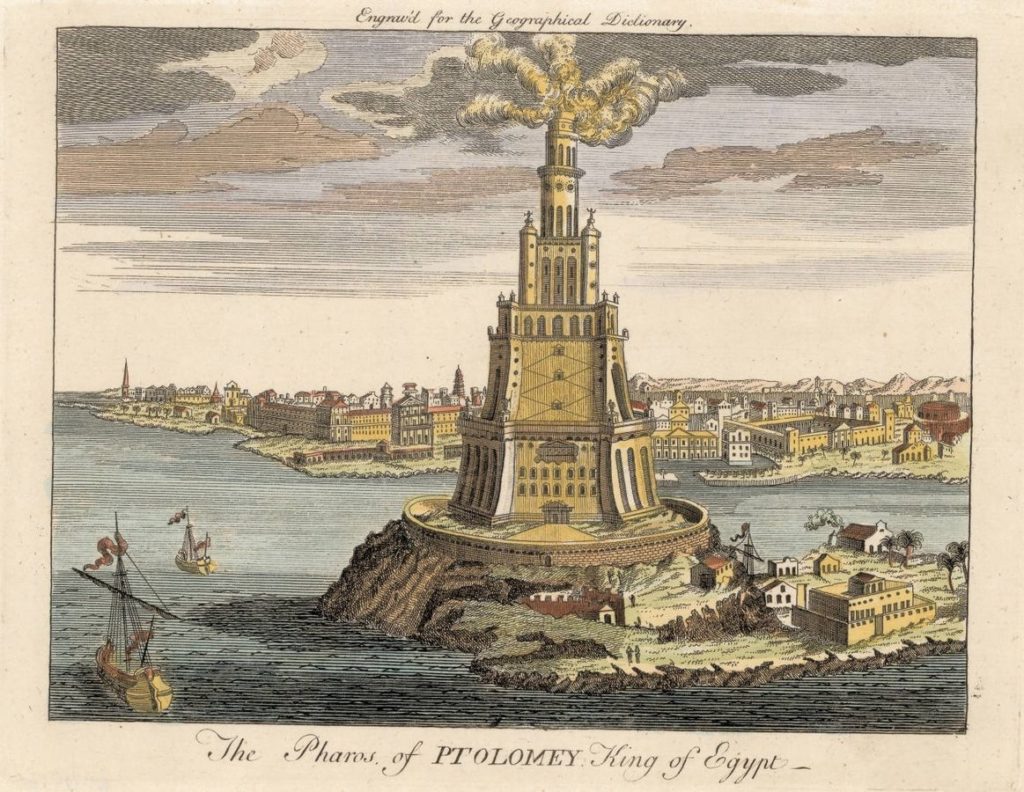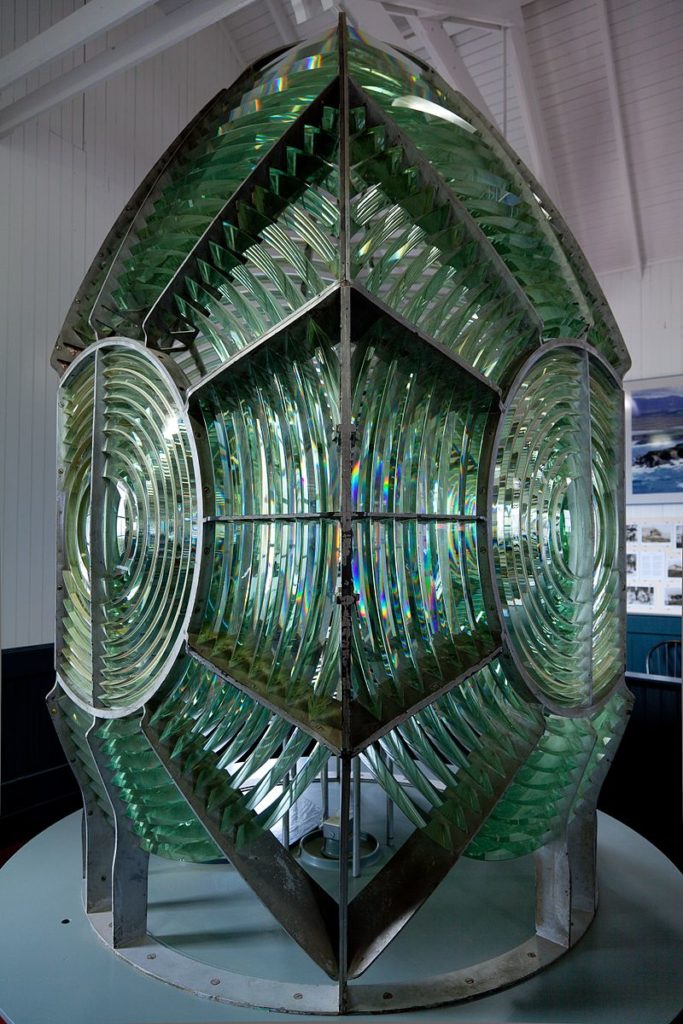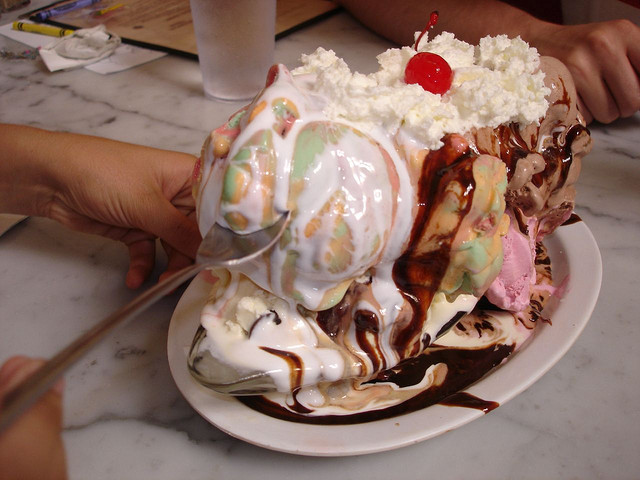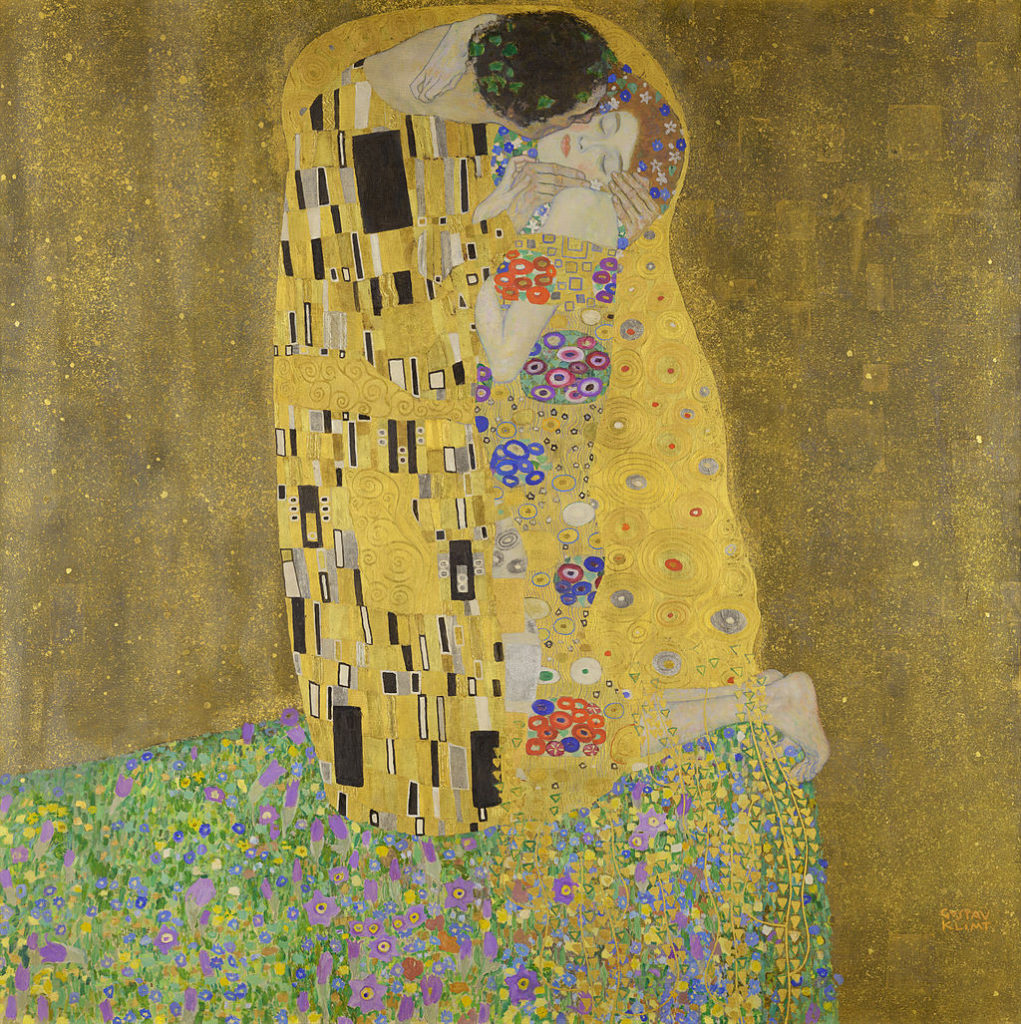
We hope you didn’t forget — it’s World Elephant Day! Observed every Aug. 12, this special day seeks to raise awareness about the protection and preservation of this massive mammal. We’re celebrating the way we like best: by exploring some elephant words and idioms.
elephant in the room
“England enter the Guinness Six Nations with a united squad after addressing any grievances over Saracens’ salary cap scandal, described by Jonny May as the ‘elephant in the room.’”
Duncan Bech, “England players address ‘elephant in the room’ as Saracens scandal is discussed,” PA Media, Jan. 24, 2020
This phrase meaning an obvious problem or issue that’s being ignored or avoided might come from a 1984 book title, An Elephant in the Living Room: A Leader’s Guide for Helping Children of Alcoholics, according to the Oxford English Dictionary (OED).
An earlier sense (the “type of something obvious and incongruous, esp. (in Logic and Philosophy) in discussions of statements which may or may not correspond to observable facts”) is from a 1935 book American Philosophy Today and Tomorrow: “It is going beyond observation to assert there is not an elephant in the room, for I cannot observe what is not.”
white elephant
“But the project’s still a white elephant. The elevated tram from the Willets Park station near Citi Field to the airport doesn’t create a one-seat ride to LaGuardia.”
Post Editorial Board, “AOC is right: LaGuardia AirTrain is a worthless white elephant,” New York Post, Jan. 14, 2020
A white elephant is a burdensome possession — basically something that yields very little return on investment. The OED’s earliest citation is from a Dec. 16, 1721 issue of London Journal: “In short, Honour and Victory are generally no more than white Elephants; and for white Elephants the most destructive Wars have been often made.”
As for the origin of the phrase, one theory says it comes from a story about a king in Thailand who would gift white elephants in order to bankrupt his enemies. However, there might be no such story as, according to Thai historian Rita Ringis, white elephants would never be considered a burden by Thai monarchs and in fact are a symbol of good fortune.
Regardless of where the phrase came from, during the winter holidays many of us are victims participants in white elephant gift exchanges, otherwise known as Yankee swaps, during which unwanted or ridiculous presents are foisted on others in exchange for something else unwanted or ridiculous.
pink elephant
“In the film, the circus’ water bucket becomes tainted with Champagne, causing both Dumbo and his rodent sidekick to see visions of terrifying pink elephants engaged in trippy shapeshifting, morphing into musical instruments, and forming a giant super-elephant made up of elephant heads.”
Sarah Baird, “The Boozy Underbelly of Saturday Morning Cartoons,” Eater, Aug. 10, 2015
To see pink elephants means to hallucinate from drugs or alcohol. The OED’s earliest citation is from an April 1900 issue of Blue Pencil Magazine: “She don’t stand for this booze business, and I’m opposed to it myself. D’ye see them pink elephants running up my pants legs?” Perhaps the most famous hallucinatory pink elephants are from Disney’s 1941 animated film, Dumbo.
to see the elephant
“It is not positively an eternal Gun-Cotton-dom which they crave, but simply to see the elephant — to have a great time, and retire.”
“Seeing the Elephant,” The New York Times, March 1, 1861
To see the elephant is an old-timey way of saying to see the world or get experience in life. It originated in American English, says the OED, perhaps around 1835: “That’s sufficient, as Tom Haynes said when he saw the elephant.”
elephant joke
“How do you get six elephants in a Volkswagen? Three in the front and three in the back. This fad began in 1960, when Wisconsin toy maker L.M. Becker Co. released a set of 50 elephant-joke trading cards.”
Bathroom Readers Institute, “Why the Chicken Actually Crossed the Road—and the History Behind 9 More Jokes,” Reader’s Digest, Nov. 1, 2018
Elephant jokes refer to a series of riddles involving, you guessed it, elephants, which was popular in the 1960s and ‘70s. The trading cards mentioned in the quote seem to have been released in 1960 by now seemingly defunct toy manufacturer L. M. Becker. The OED’s earliest citation for elephant joke is from the 1968 comedy film Don’t Just Stand There starring Robert Wagner and Mary Tyler Moore: “Well, hell, do isometric exercises, tell elephant jokes, write postcards.”
proboscis
“Despite how easy it is to snap those all-pervasive self portraits, the short distance from the camera combines with the wide-angle lens to puff the proboscis.”
Leslie Katz, “Yes, selfies do make your nose look bigger,” CNET, March 1, 2018
Before proboscis jokingly referred to a person’s nose, especially of Cyrano proportions, it meant an elephant’s trunk. Ultimately from the Greek proboskis, meaning “elephant’s trunk” but literally translating as “means for taking food,” the word’s elephant sense is from the late 16th century while the human one is from 1631. From The New Inn: Or, The Light Heart by Ben Johnson: “No flattery for’t: No lick-foote, paine of loosing your proboscis.”
mammoth
“The bill takes aim at a problem of mammoth proportions: up to a third of the world’s food is wasted, much of it rotting in landfills.”
Lindsay Abrams, “France’s bold attack on food waste: Law will prohibit supermarkets from trashing unsold food,” Salon, May 22, 2015
Mammoth meaning a prehistoric elephant-like mammal is Russian in origin, coming from mamant, which probably comes from probably an Ostyak word meaning “earth” since the creature’s remains were dug up from the ground in Siberia. Its first recorded use in English is from 1706: “The old Siberian Russians affirm that the Mammuth is very like the Elephant.”
It was around 1801 that mammoth came to mean huge or gigantic. In a letter Thomas Jefferson wrote: “I recieved [sic] … a present of a quarter of a Mammoth-veal which at 115. days old weighed 438. lb.”
Check out this list for even more elephantine words.

